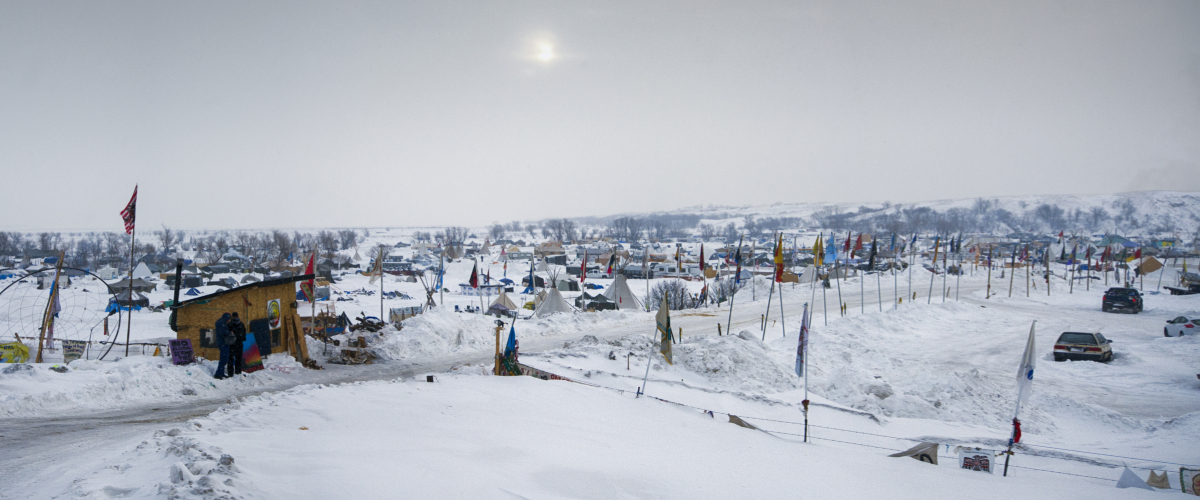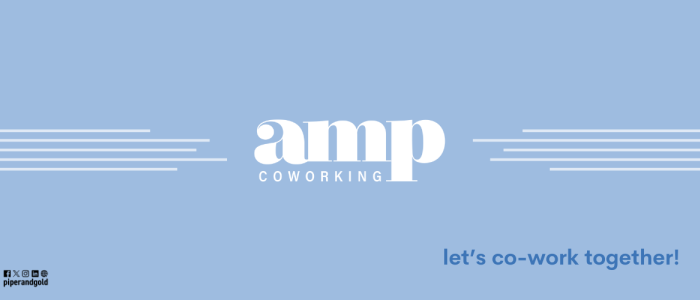
Christopher Columbus. Slavery. Thanksgiving.
You know, just a few of the things we were indoctrinated with throughout our lives to believe had a wholesome, inspirational or purposeful place in American history but were actually horrific lies and shams.
You’ll excuse the run-on sentence in this case. I’m a little fired up after reading this powerful opinion piece in Time, The Thanksgiving Tale We Tell Is a Harmful Lie. As a Native American, I’ve Found a Better Way to Celebrate the Holiday. Author Sean Sherman, founder and CEO of The Sioux Chef, did an incredible job of making me uncomfortable.
As someone who tries – and sometimes fails – to do better once I know better, I’ve trained myself to listen for the experiences and narratives from marginalized people. Growth comes from busting up what we know. It requires getting uncomfortable.
Let me repeat that: Growth. Is. Uncomfortable.
And that has to be okay.
For example, how does it make you feel to learn that the phrase “Merciless Savage Indians” is written into the Declaration of Independence?
Or to be reminded that Native Americans were only granted U.S. citizenship less than 100 years ago. And, along with black Americans, were not allowed to vote until 1965. (That’s 53 years ago.)
How about the estimated 88 to 90 percent decline in the Native American population between 1492 and 1890?
These are just a few of the facts that fly in the face of the first Thanksgiving myth.
(Need I remind us of all the modern utter bullshit Native Americans go through? North Dakota’s voter ID debacle. Standing Rock Sioux Tribe’s fight for sacred space. Poverty. Health disparities. Whitewashing. Ad infinitum.)
It would be easy to push these things aside as we take our places around the Thanksgiving table tomorrow. We can feel woke to the atrocities, but still be complacent in the tradition.
Let’s not.
Instead, what if we took Sherman’s advice:
“No matter where you are in North America, you are on indigenous land. And so on this holiday, and any day really, I urge people to explore a deeper connection to what are called “American” foods by understanding true Native-American histories, and begin using what grows naturally around us, and to support Native-American growers. There is no need to make Thanksgiving about a false past. It is so much better when it celebrates the beauty of the present.”
Bonus reading and resources, in addition to the links throughout:
http://sioux-chef.com/community/
https://www.500nations.com/Michigan_Tribes.asp
Inter-Tribal Council of Michigan
How Native American Tribes Saved A Giant, Ancient Squash From Oblivion
Photo: Cannon Ball, North Dakota, USA - January 6, 2017: Entrance to the Oceti Sakowin Camp



